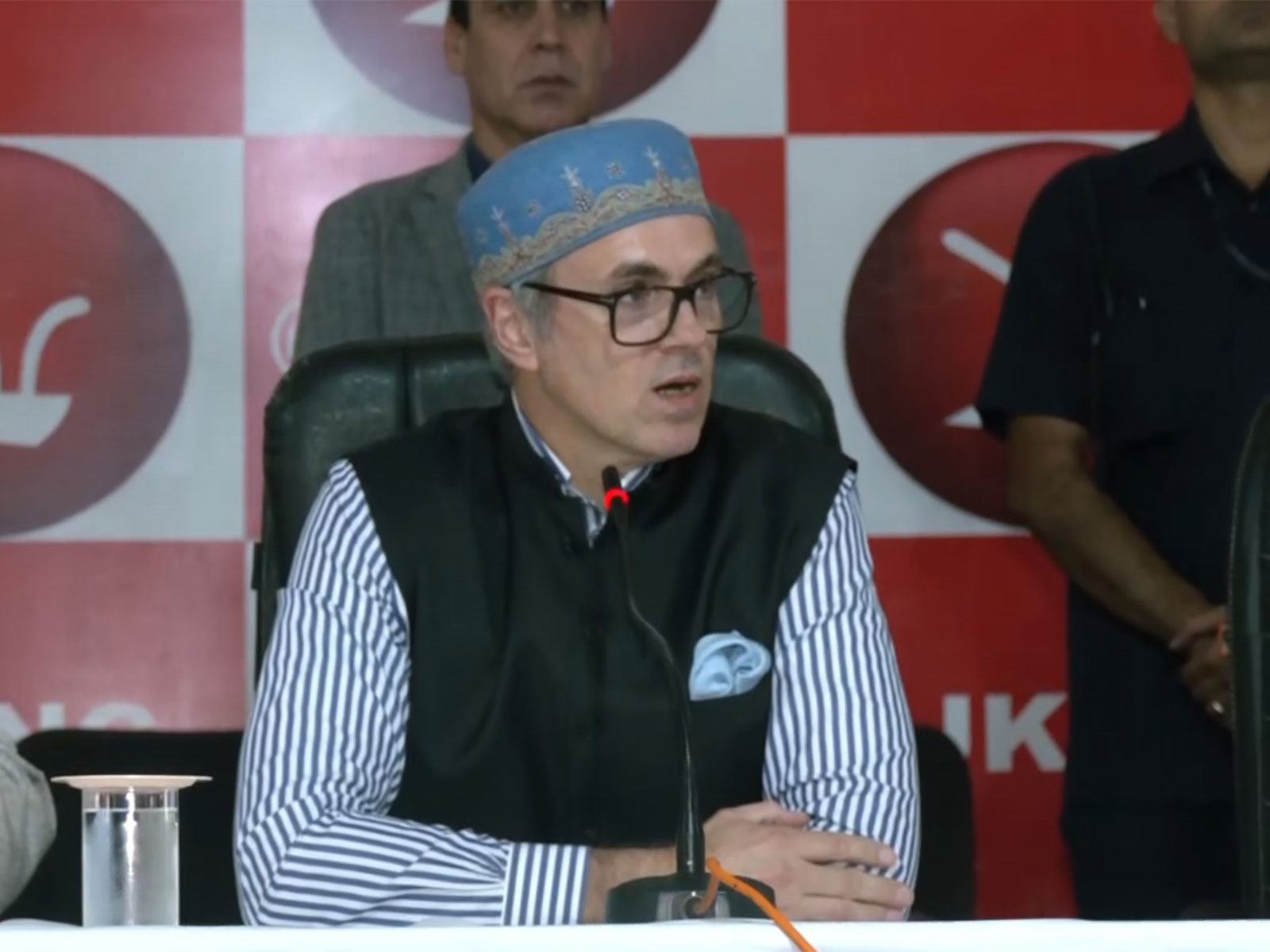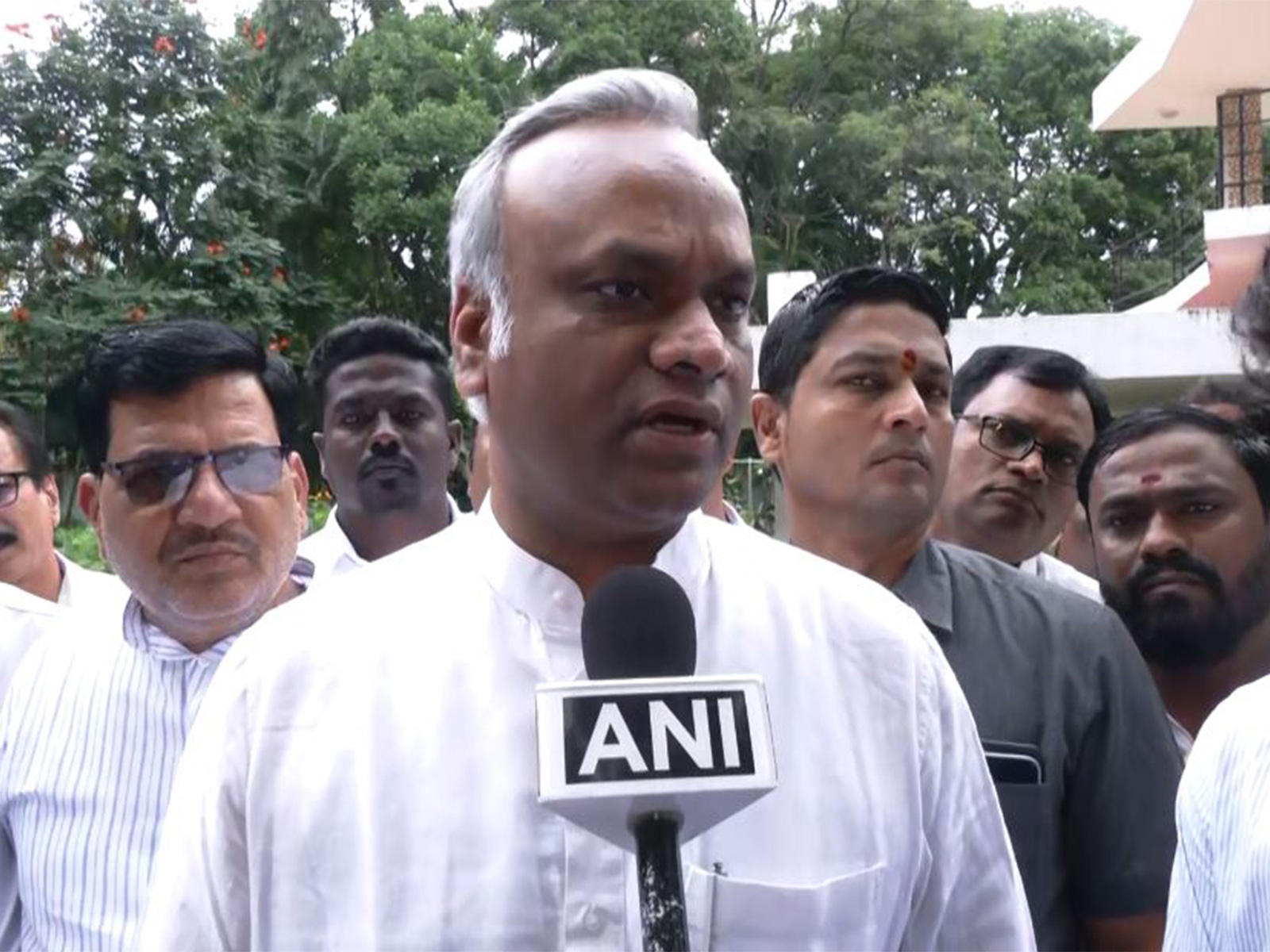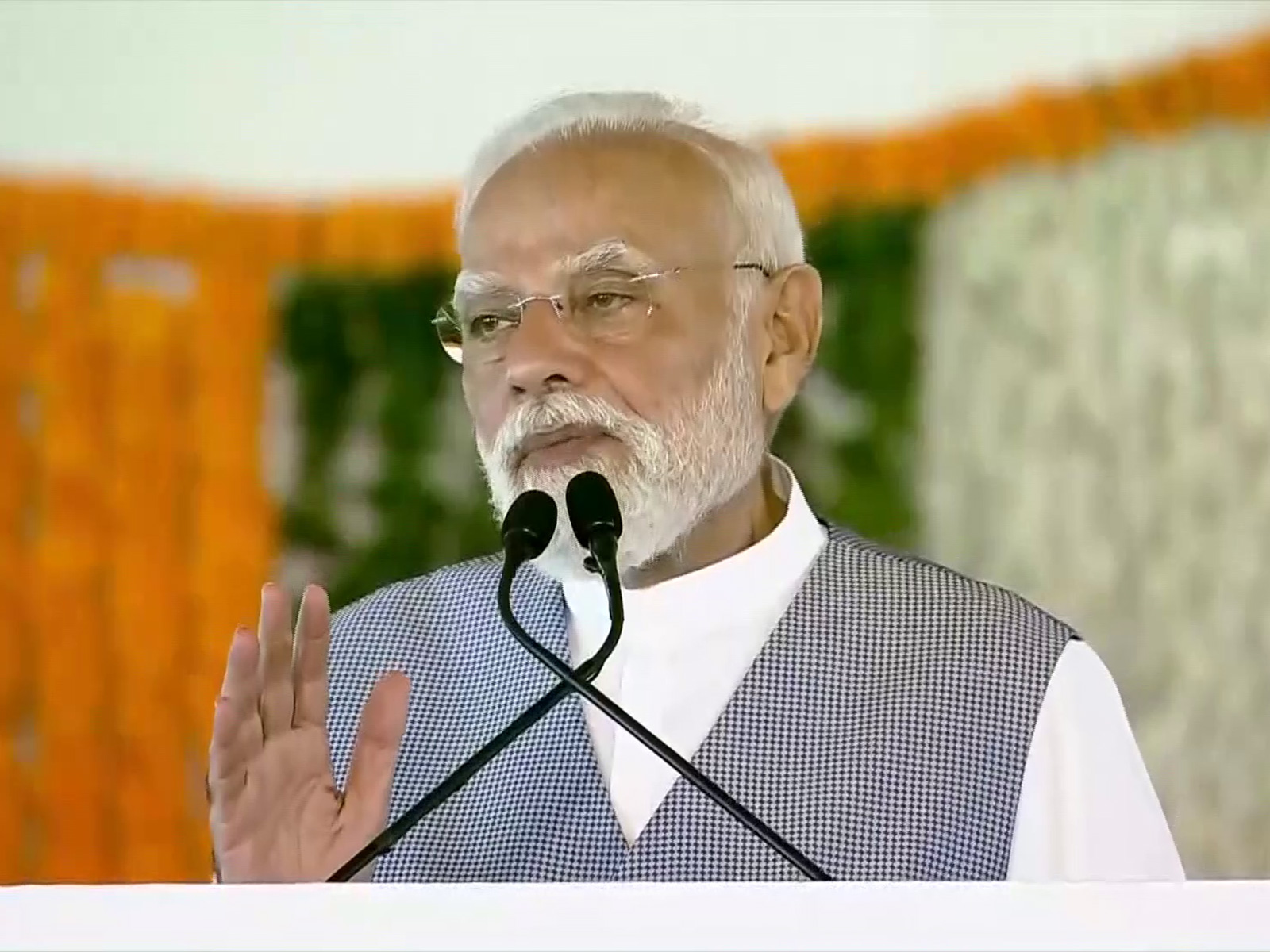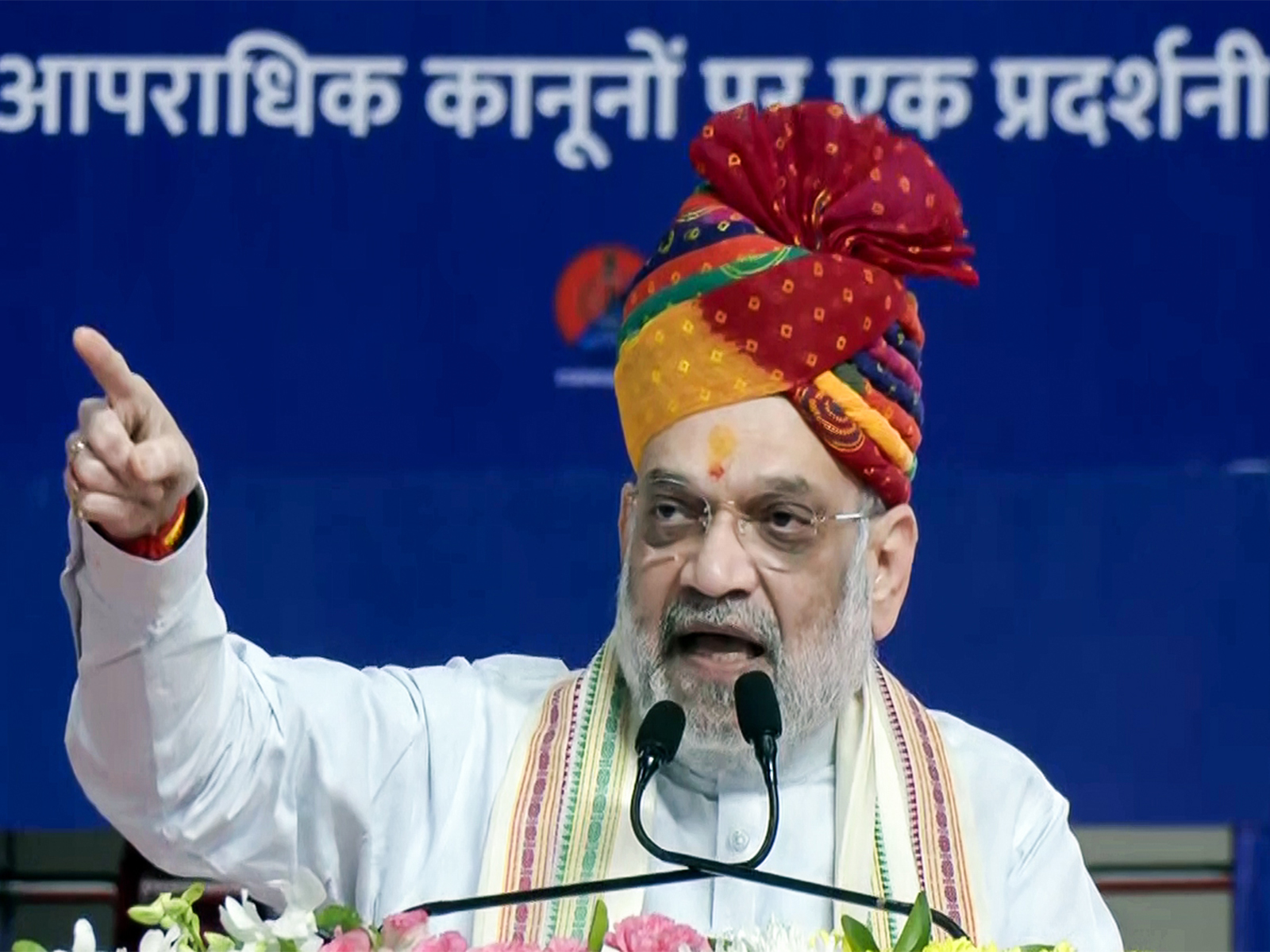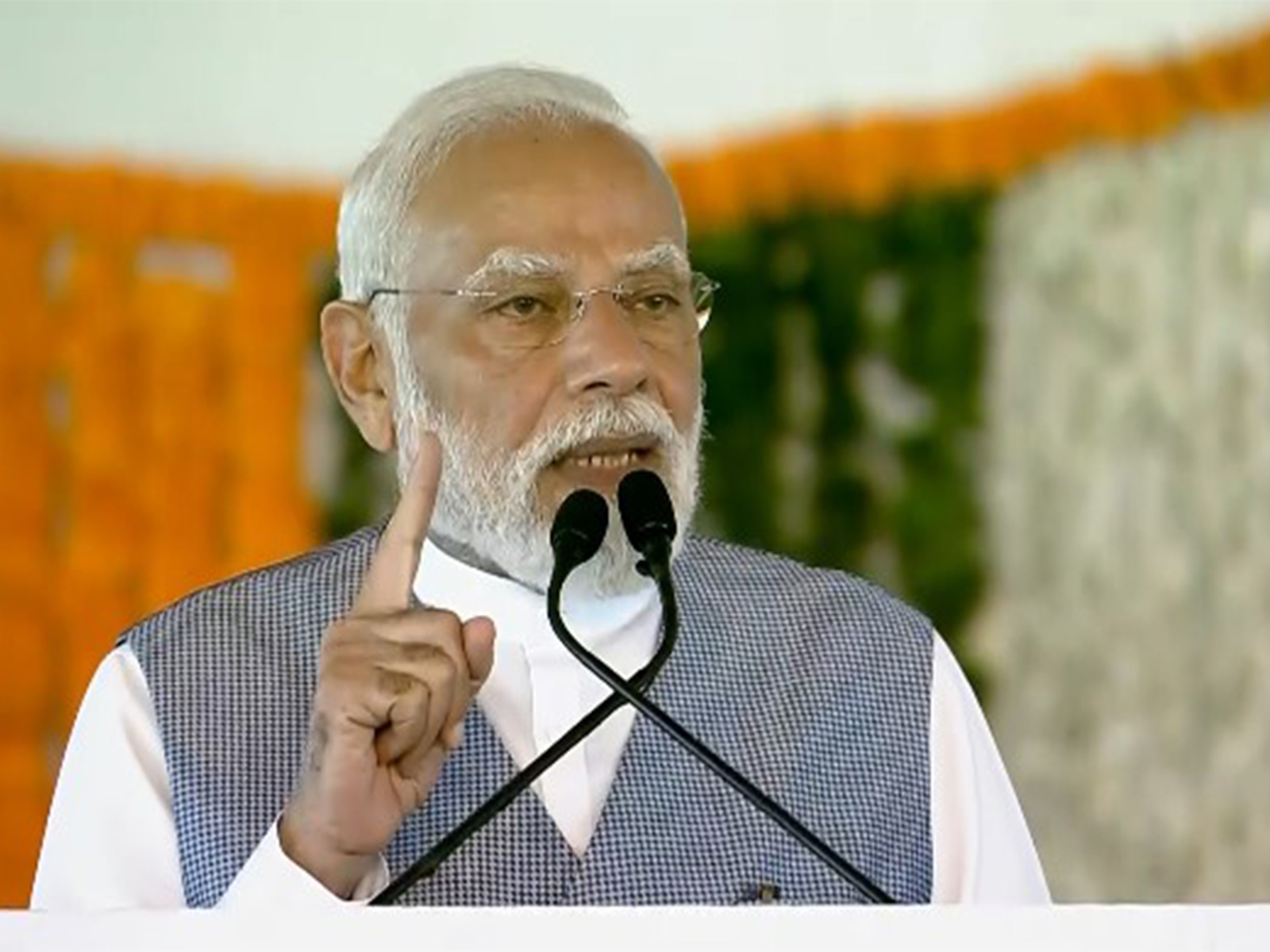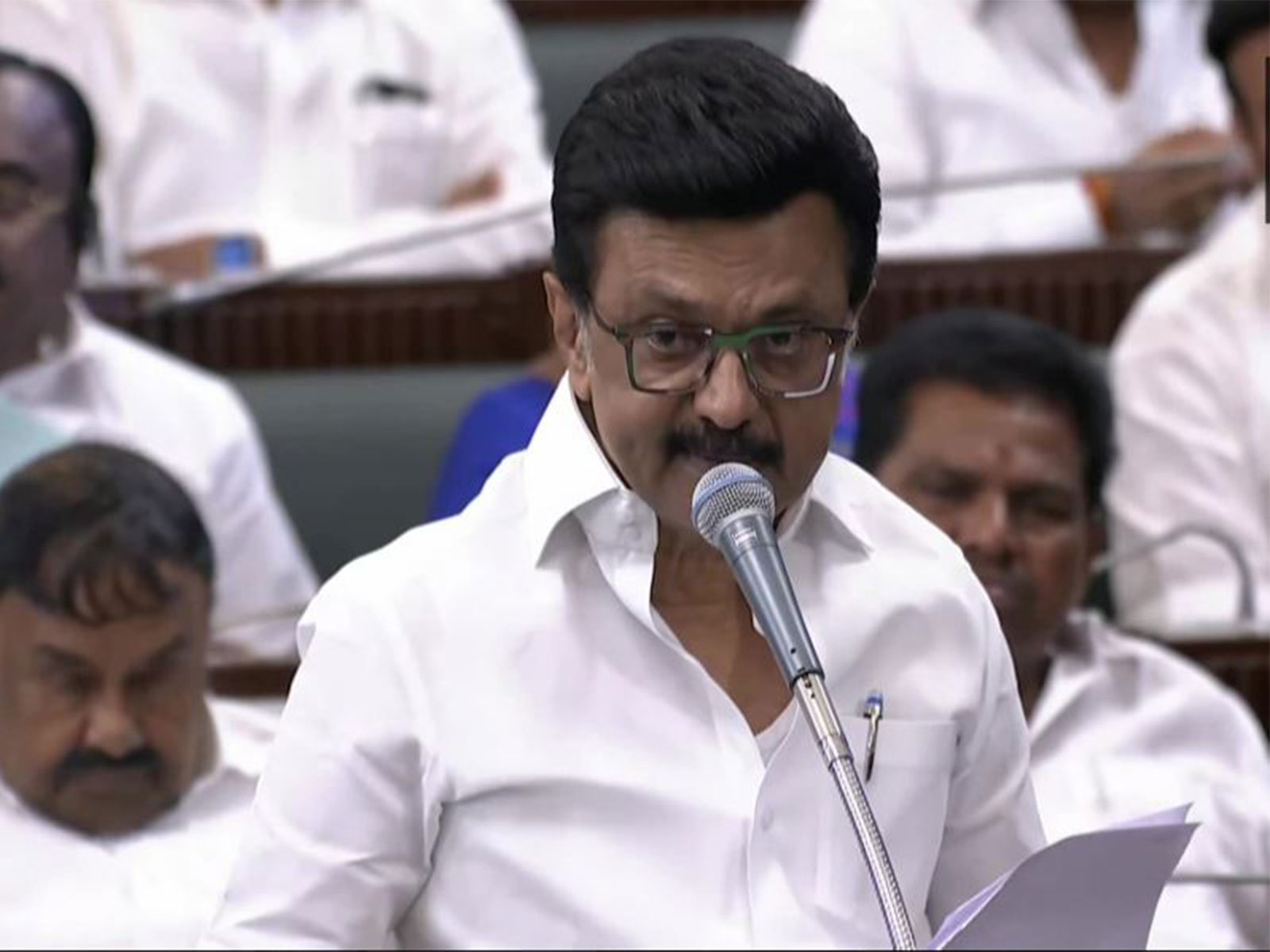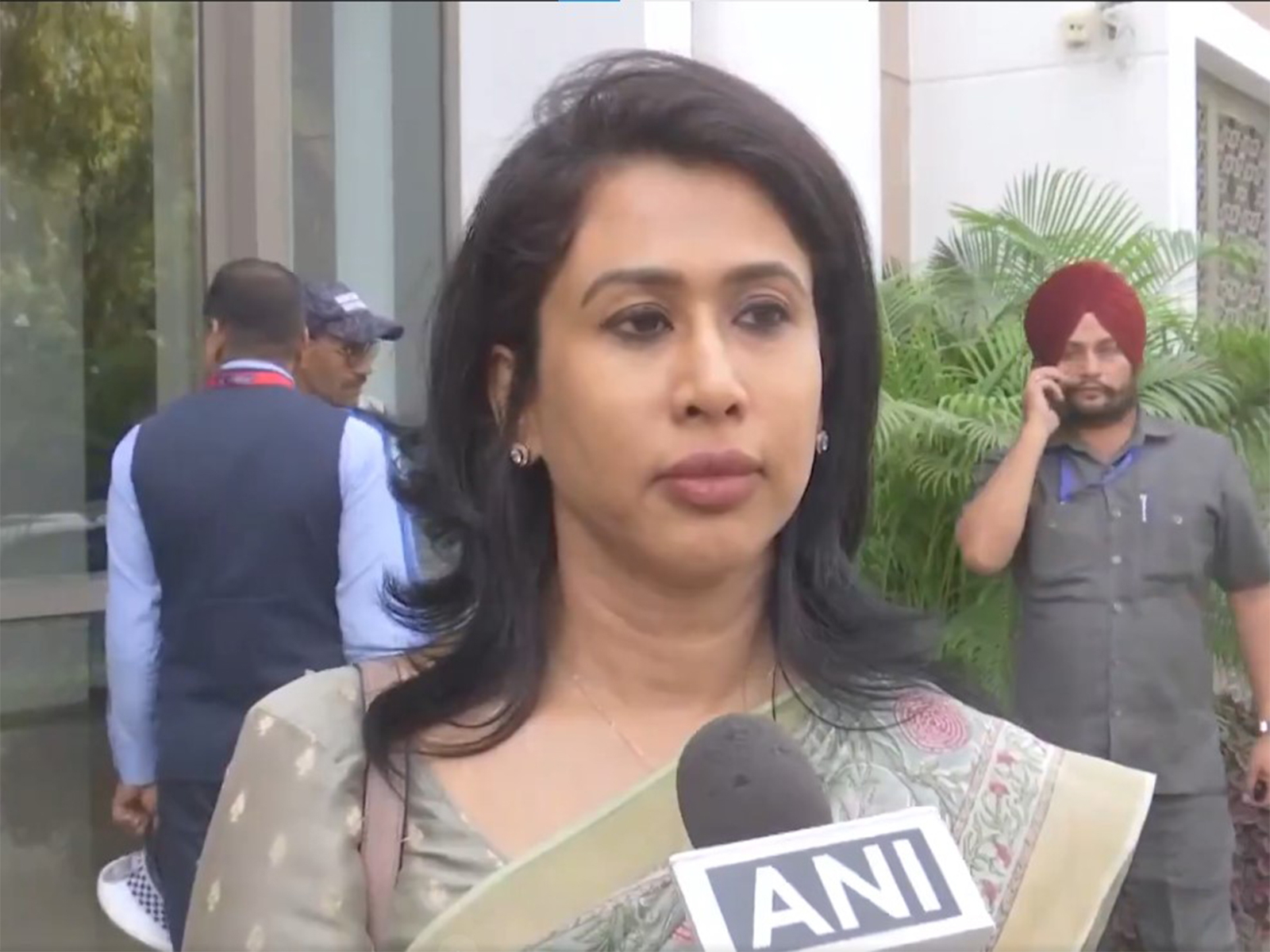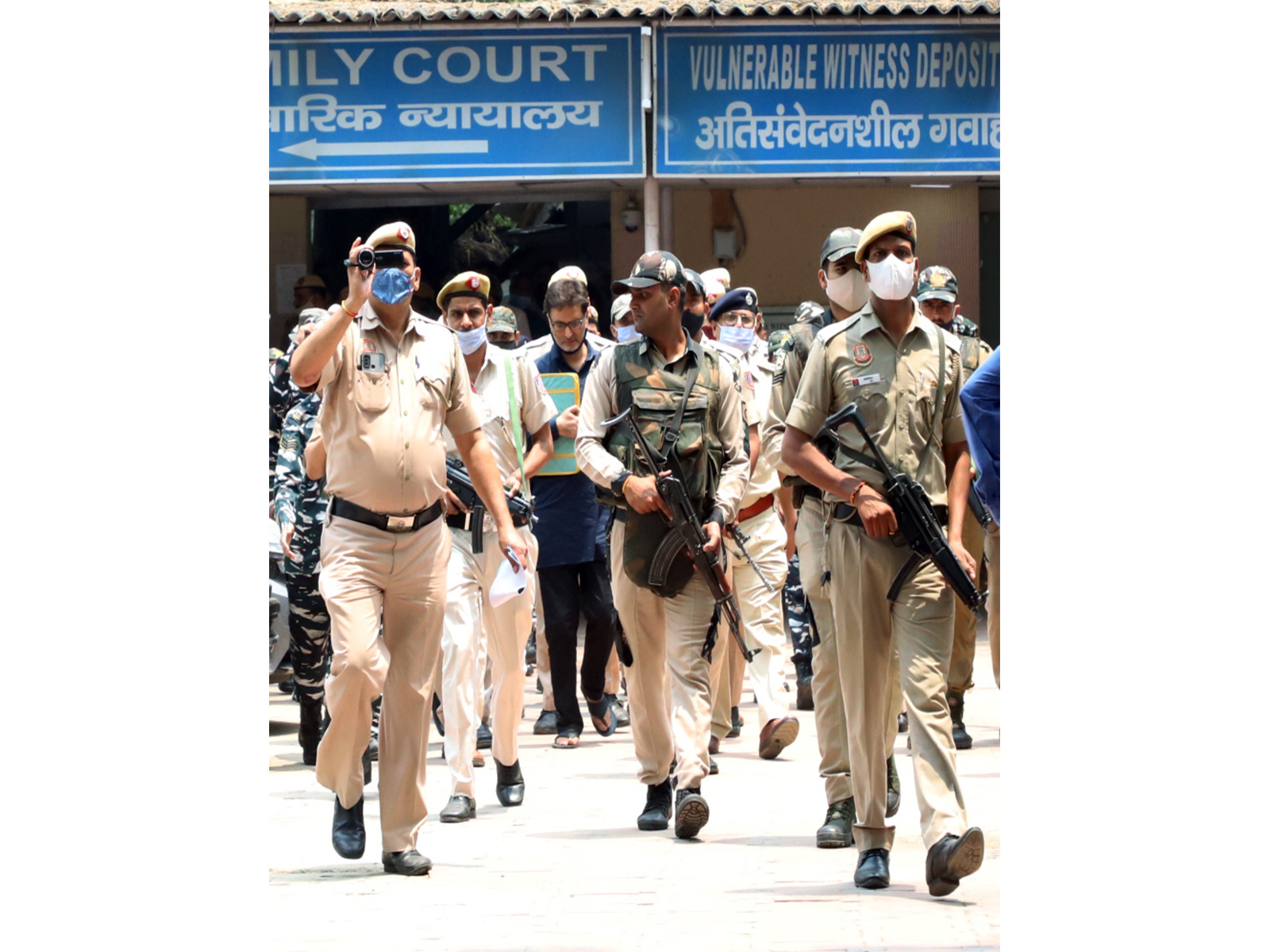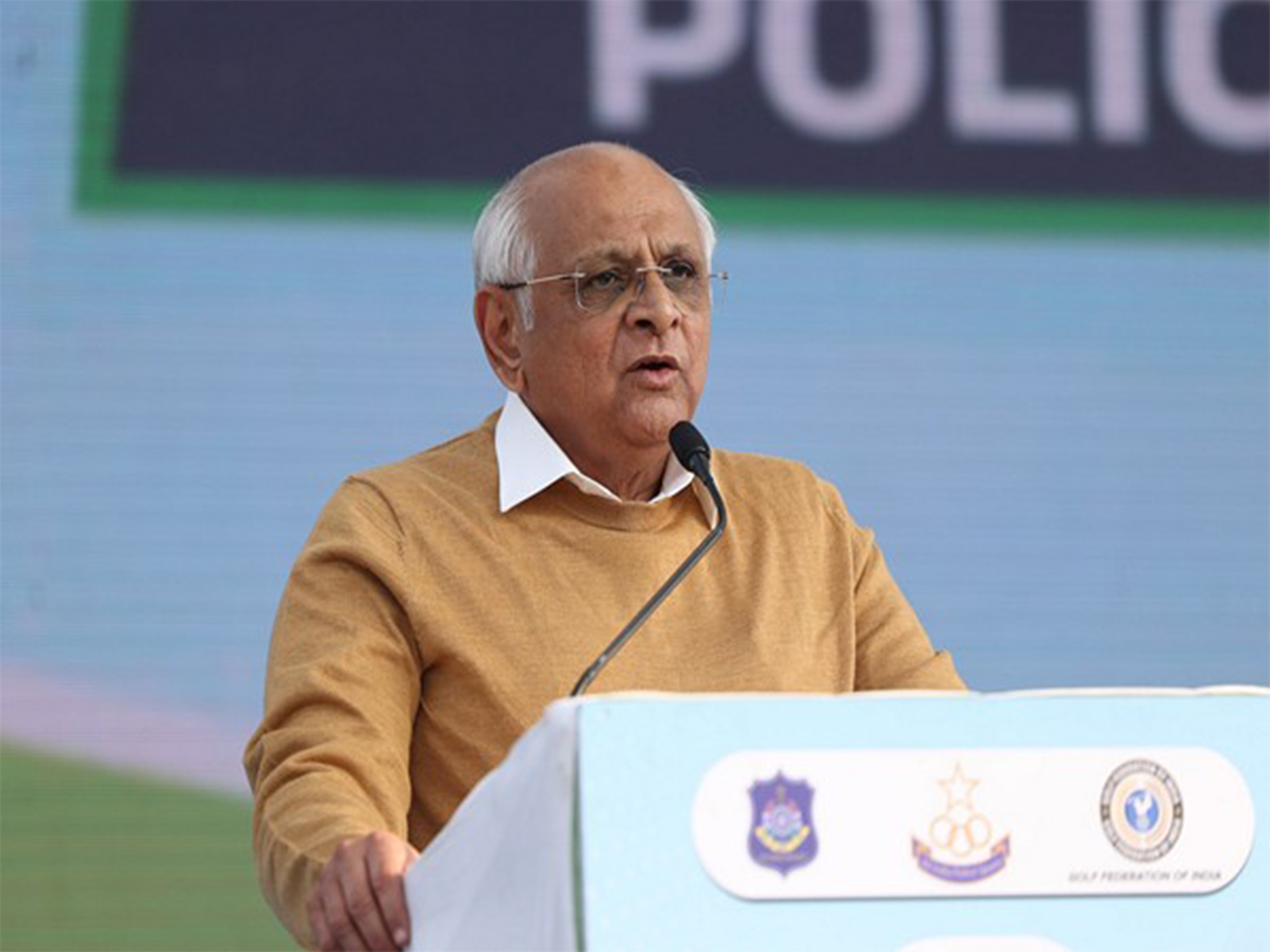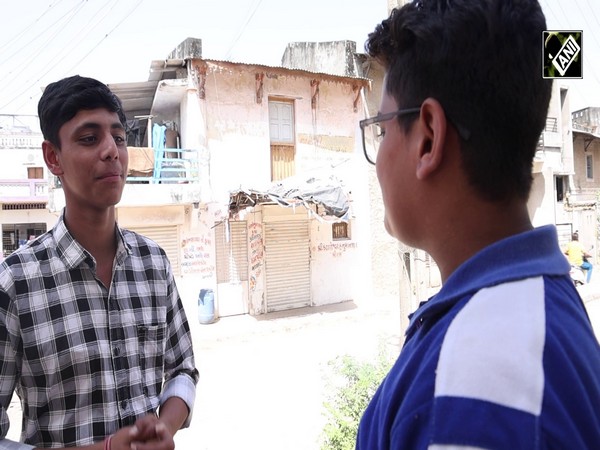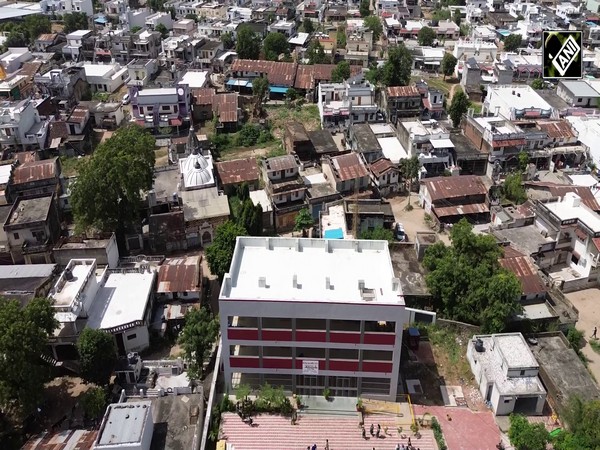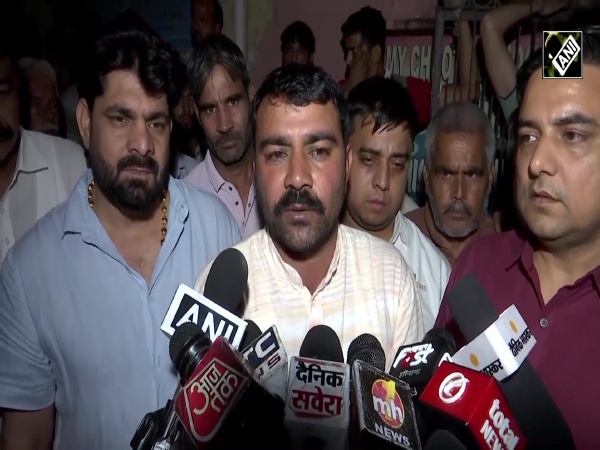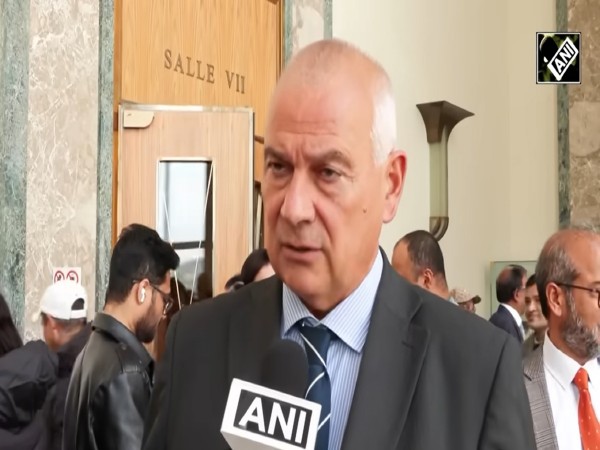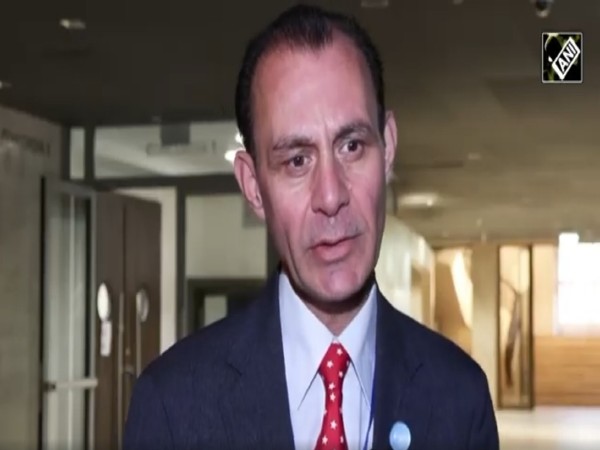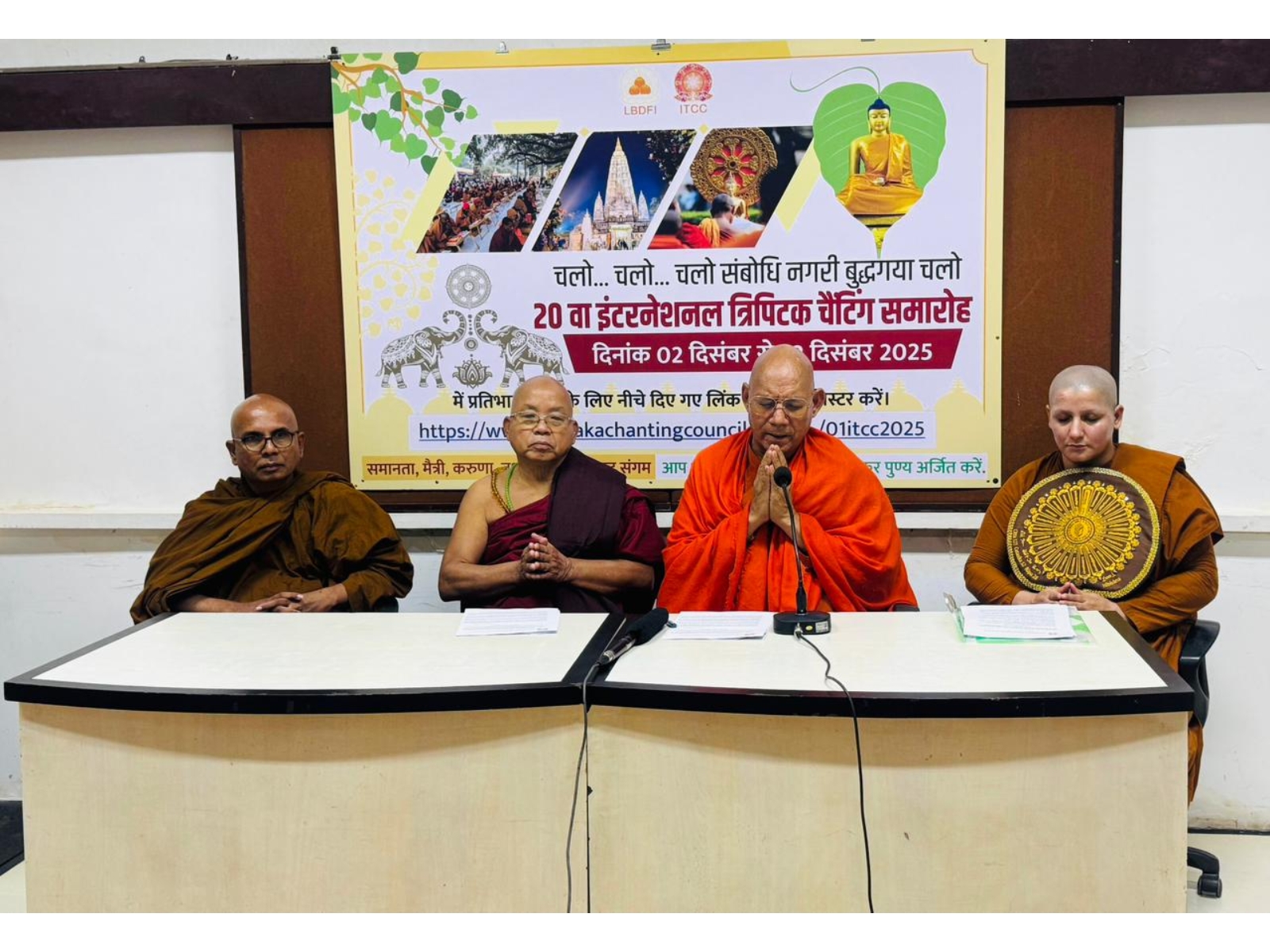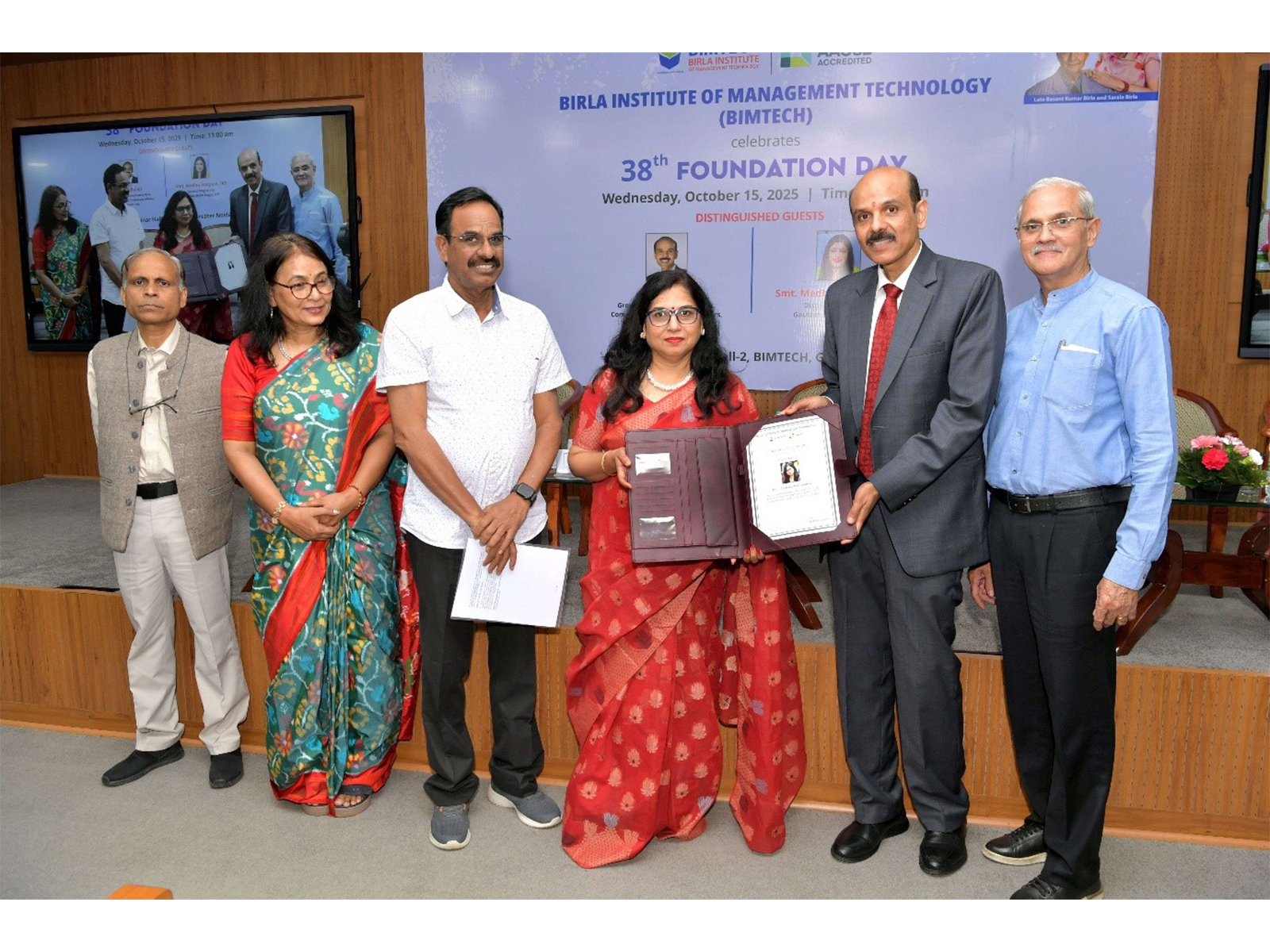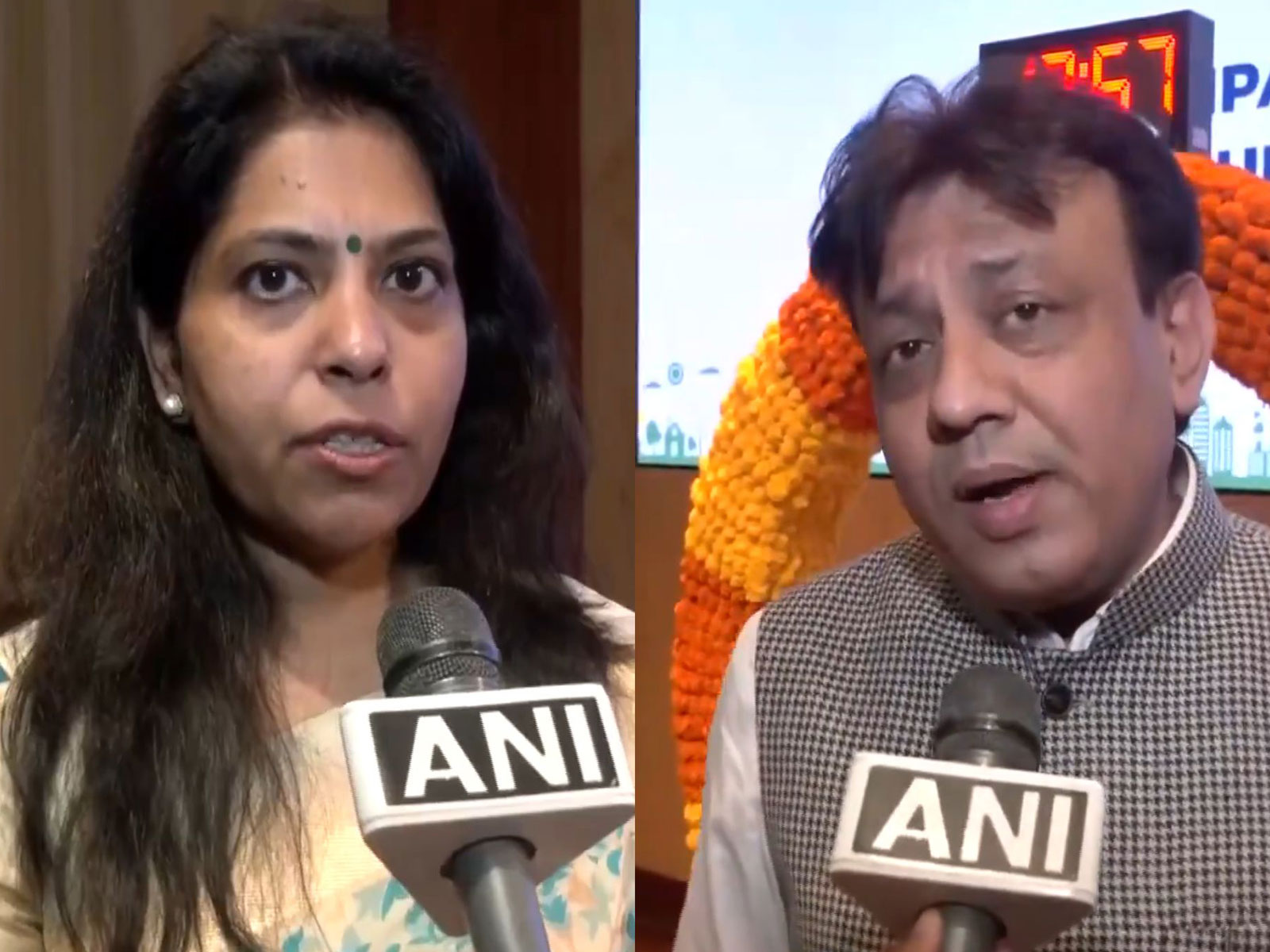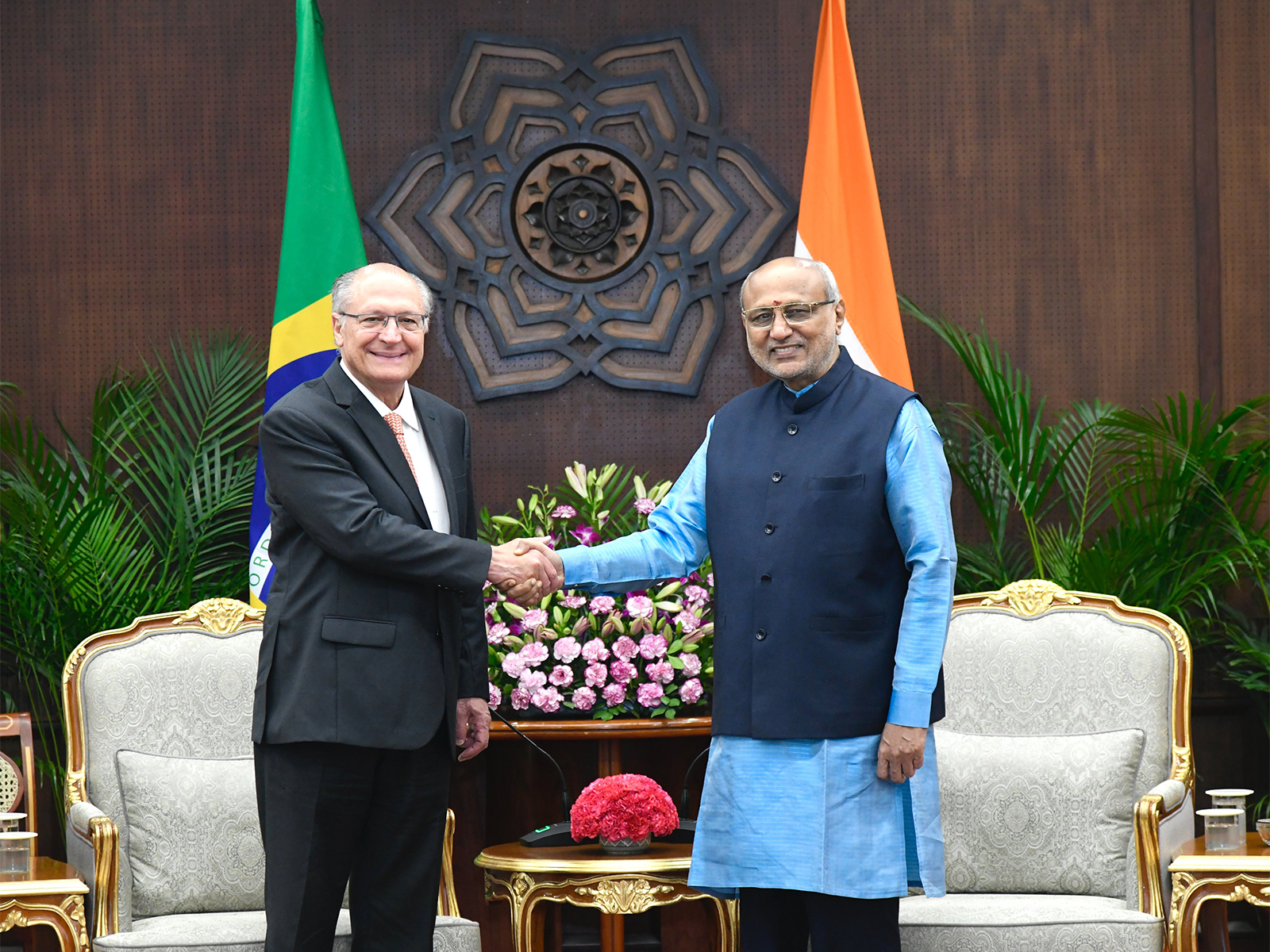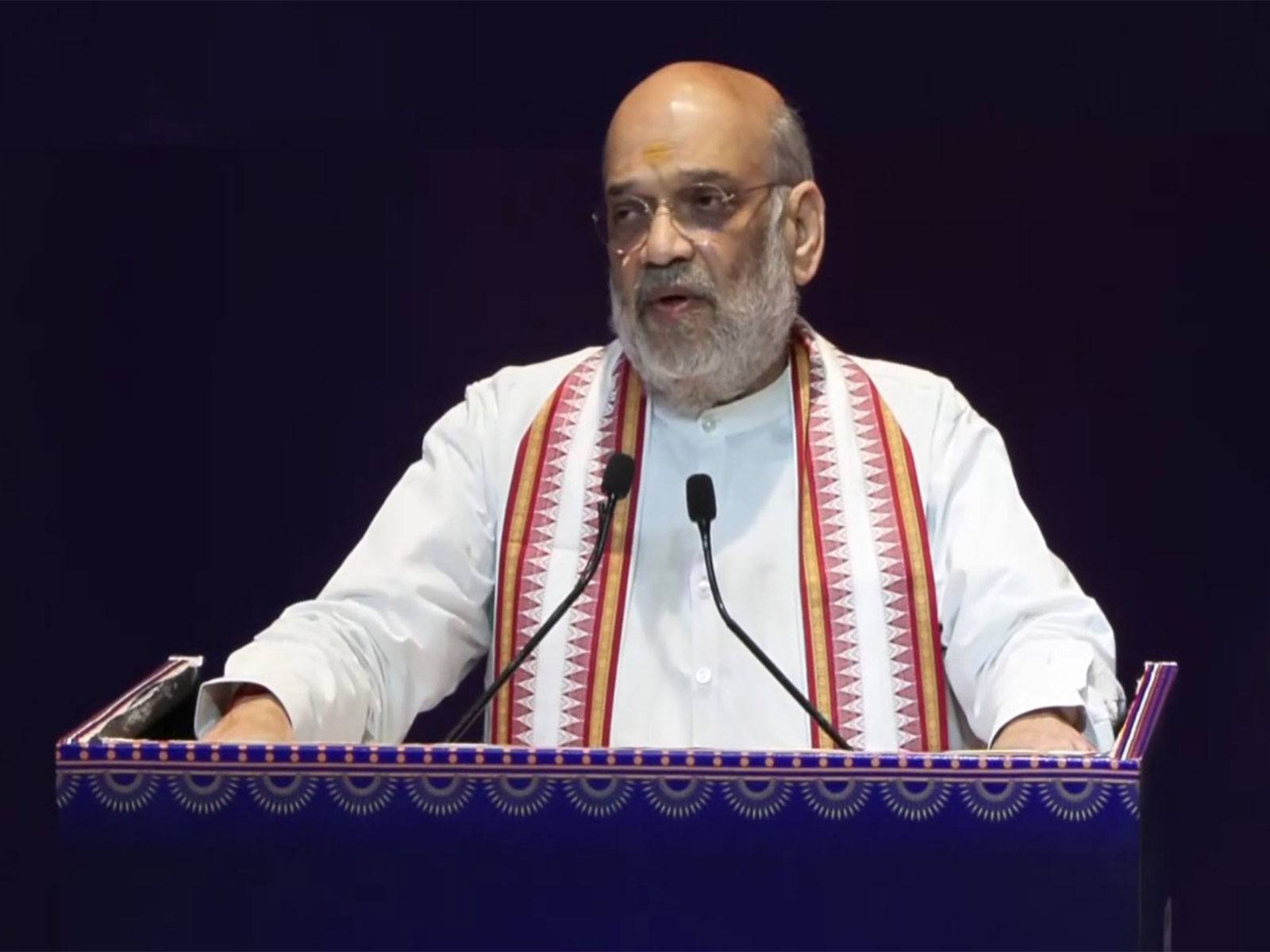
Amit Shah calls for ruthless action, global coordination to bring fugitives back to India
Oct 16, 2025
New Delhi [India], October 16 : Union Home Minister Amit Shah on Thursday called for a ruthless and time-bound approach to bring back fugitives hiding abroad and ensure that India's criminal justice system reaches offenders wherever they are in the world.
Speaking at the two-day national conference on 'Extradition of Fugitives: Challenges and Strategies', Shah said that India must not only maintain zero tolerance against corruption, crime, and terrorism within the country, but also extend it to those who "operate from across the borders to harm India's sovereignty and economy."
The Minister said that when he first proposed this idea, he did not have a detailed roadmap, but the Ministry of Home Affairs and the Central Bureau of Investigation (CBI) had developed it effectively, leading to the launch of this important workshop.
"India today is moving ahead with confidence on the global stage. Along with ensuring border security, we must also strengthen the rule of law within and beyond our borders," Shah said.
He stressed the need for a structured national mechanism to track fugitives, coordinate among agencies, and streamline extradition.
Shah added that for too long, there had been a "vacuum" in terms of organised and coordinated efforts to bring offenders back to face trial.
The Home Minister lauded the CBI's Global Operations Centre, which coordinates in real time with police forces worldwide. He highlighted that since the launch of the BharatPol portal in January 2025, the CBI has issued over 190 notices -- the highest ever in such a short period.
Shah said that under Prime Minister Narendra Modi's leadership, India has implemented significant legal and structural reforms like the Fugitive Economic Offenders Act, 2018, which empowered the government to seize properties of economic offenders, leading to recoveries of over USD 2 billion within four years.
Between 2014 and 2023, the Minister said, assets worth around USD 12 billion were attached under various laws.
The Home Minister outlined five core goals to strengthen India's extradition and justice system: ensuring that justice is accessible beyond borders, enhancing national security through early identification of threats, modernising identification systems for precision and accuracy, strengthening international trust in India's judiciary and law enforcement, protecting India's economic system and building global cooperation.
The Minister suggested establishing a dedicated extradition unit under the CBI's guidance, creating a national database of fugitives, detailing their networks and extradition status, and forming specialised expert cells to handle international treaties and extradition cases.
He also asked to build detention facilities that comply with international human rights standards, countering humanitarian objections raised abroad, and implement technology-based systems to revoke or blacklist passports as soon as a Red Corner Notice is issued.
He also suggested launching a special drive to convert Blue Notices into Red Notices to expedite international action.
Shah emphasised that extradition efforts require both strategic diplomacy and strong domestic coordination, adding that "fugitives must not feel assured that India's law cannot reach them."
"Those who commit crimes in India and flee abroad are not just escaping justice -- they are threatening our economy, our sovereignty, and our security," Shah said, adding, "This structured, coordinated approach marks a decisive new beginning."
Concluding his address, Shah said the conference would help shape modern strategies, coordination mechanisms, and institutional frameworks to ensure that India's justice system remains robust, credible, and globally effective.
